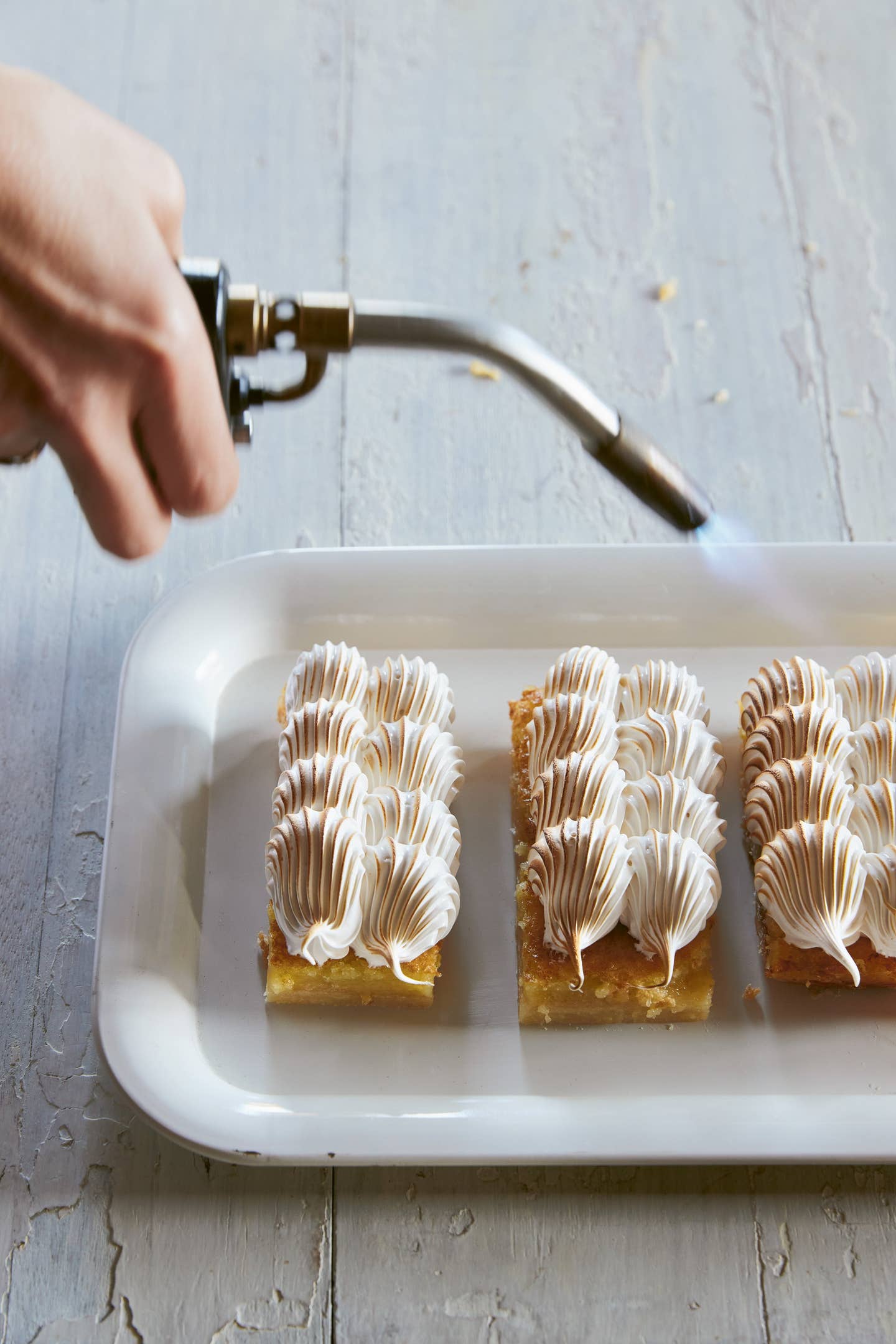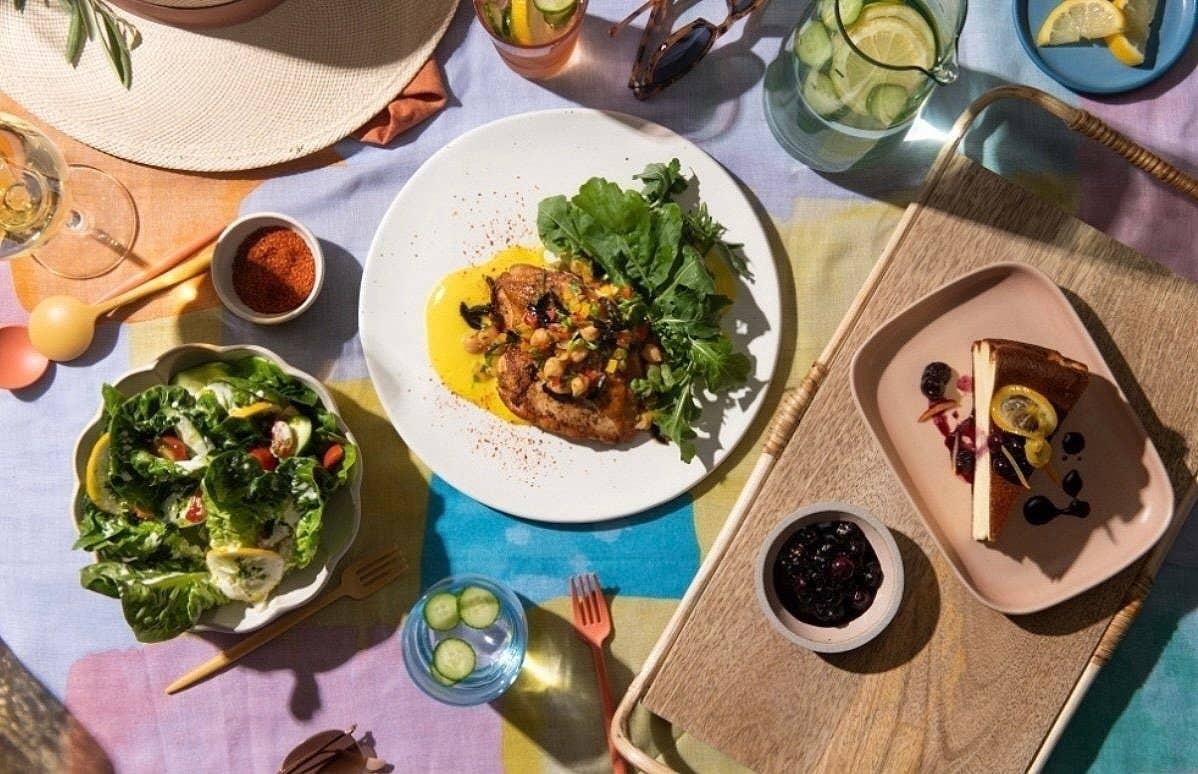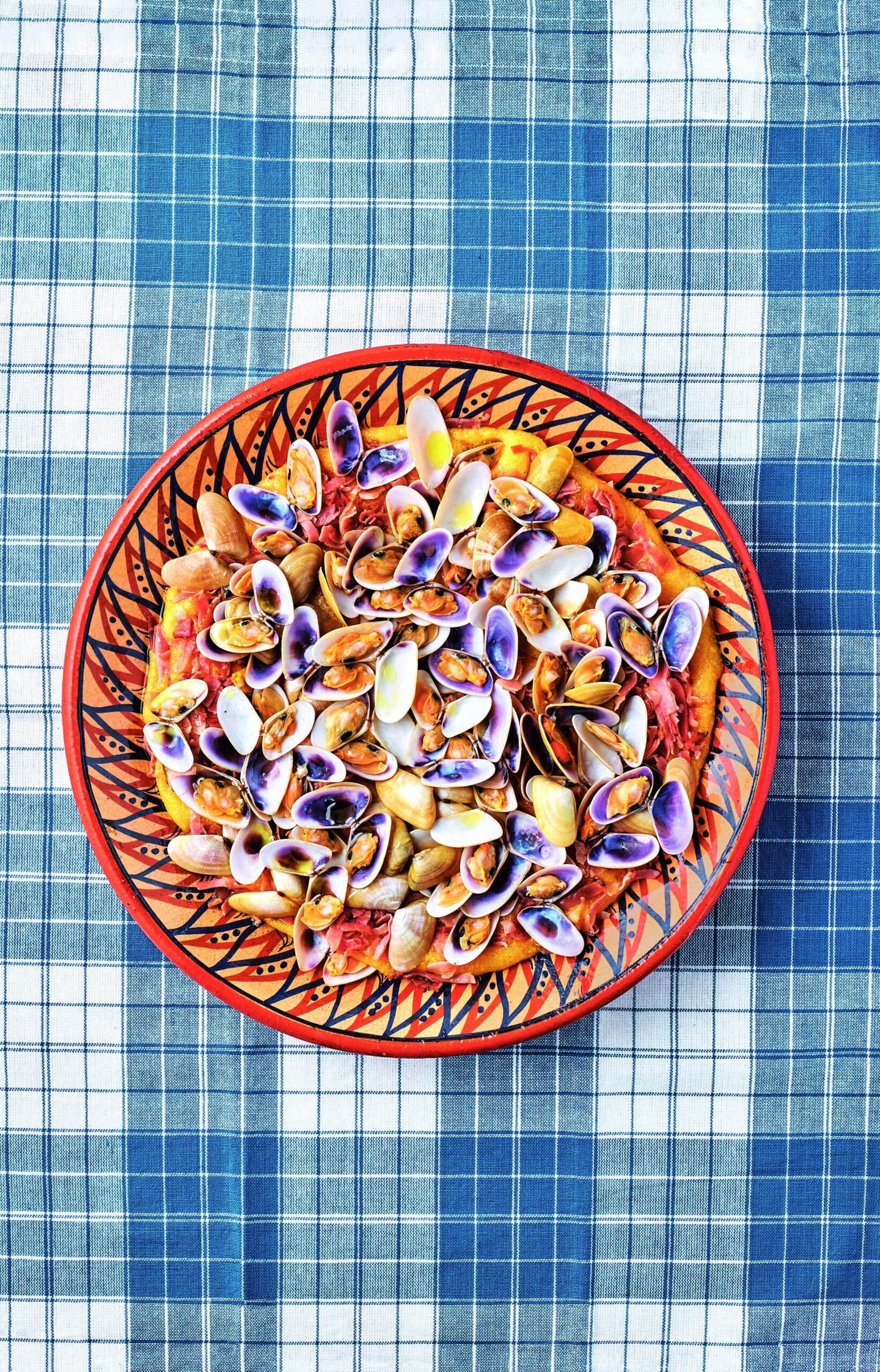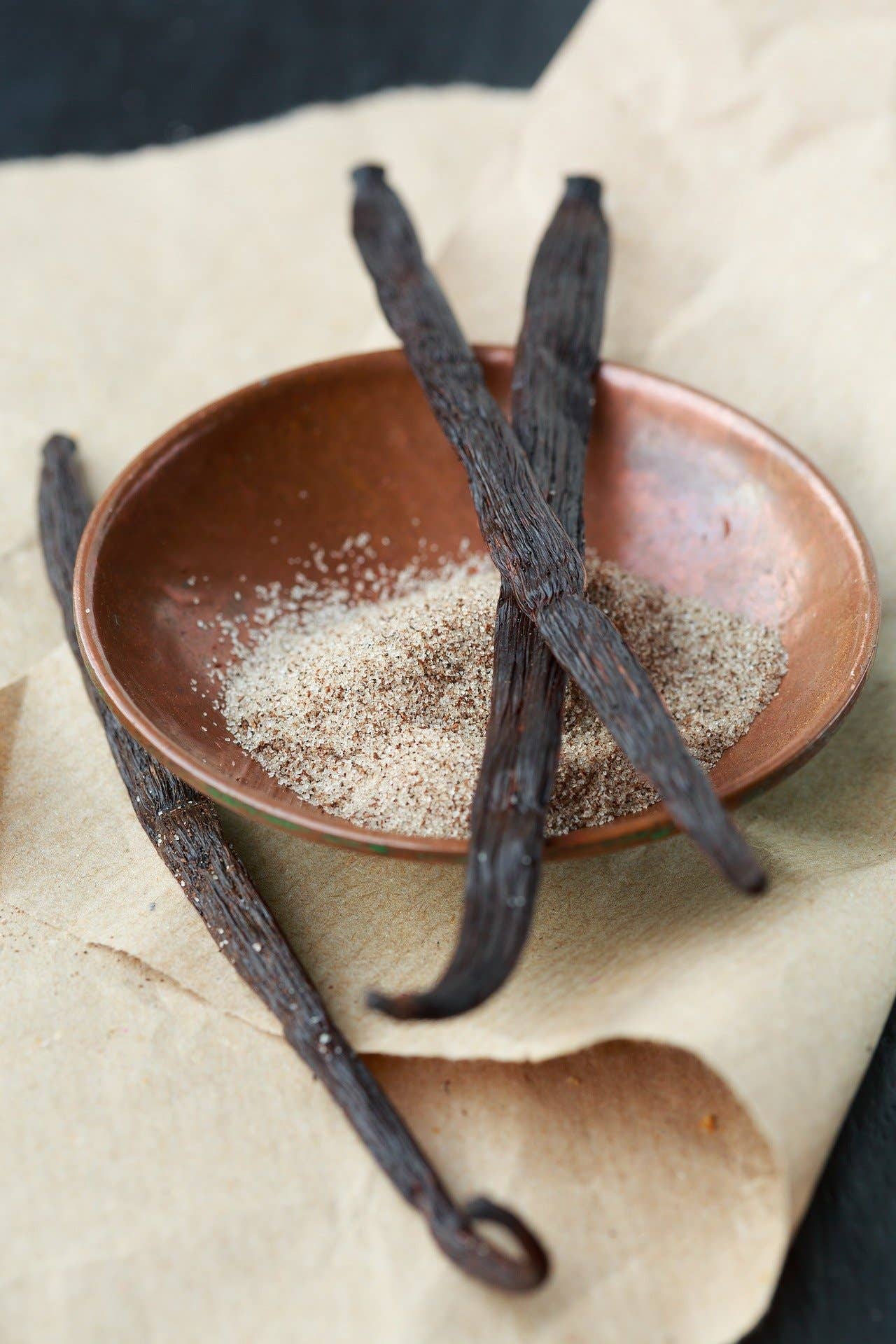Fanny Singer had me at her first three-minute egg—from an Araucana chicken, of course—and perfectly boiled. She had me at its “marigold-hued liquid center,” and “its buttered toast soldiers.” Her recipes include instructions like, “it should scream of strawberries from the moment it hits the tongue.” She writes of the light in Bolinas, California as the texture of “honeyed muslin.”
As the only daughter of Alice Waters—farm-to-table pioneer, food activist, The Edible Schoolyard Project founder, and famed restaurateur, among other things—Always Home is not only an ode to Fanny’s singular mother, but a sense memory tour of Fanny’s idyllic childhood. She writes of knocking around Chez Panisse as a girl. Of coaxing the cooks into tea parties under the tables. Of summers in France where she ran barefoot through vineyards. The recipes are sumptuous and simple (the roast chicken with leeks was delicious; I made it for Easter) and her lush, evocative book is the perfect companion for now. These times are hard, particularly for the farm and restaurant industry, and sometimes it’s just good to sit down with a reminder of what we will all have to come back to, hopefully soon.
In addition to cookbook author, Fanny’s also an art critic and cofounder of Permanent Collection, an artfully curated website of beautifully useful objects and clothing. In an email interview last week—Fanny’s sheltering-in-place, as all of us are—in lieu of the victory lap book tour she’d hoped to be on, I wanted to know about the things she’d left out, as well as her take on the coronavirus moment we’re all inhabiting now.
eLA: Why did you write Always Home? What was your inspiration? Obviously, it was your mom and your relationship to her, but less obviously, why did you want to put this book out into the world? What did you want to say that is uniquely you?
FS: I had just worked on the little cookbook, My Pantry, with her, which came out in 2015. That was a very collaborative project (I co-wrote and illustrated it). It made me interested in how I could look at my relationship to my mom from an entirely uncollaborative perspective. My mom describes reading Always Home as like realizing that all along there was another person, another keen observer, in the room—I love that.
eLA: How did you define yourself in the shadow of your mother’s fame? I hesitate to use the word “shadow” because it sounds so dark, but you know what I mean. There’s not much of this in the book, but I’m curious, particularly as you became an adult.
FS: My mom is not an anonymous person, obviously. I’ve lived my whole life as her child—that fact of parentage being a kind of epithet for any kind of introduction to me: “This is Alice Waters’s daughter, Fanny.” But even when I was being introduced in that way, which I still am, of course, I was never particularly resentful, it just reinforced my sense of needing to figure out who I was going to be as a person, as an individual, beyond the associations with a famous parent. I think this book would probably never have come into the world if I hadn’t spent more than a decade living in England, outside of the immediate gravitational field—or shadow, to stick to the question—of my very gravitational, very charismatic, and very known mother.
eLA: Tell me about your relationship to art. I sense there’s a similarity in your approach to art and food.
FS: I think of art as having been in my life as long as food, really, since my father is a painter (as well as a winemaker) and had a studio in our back garden throughout my childhood. But also because my mom treated everything in our home with the same level of aesthetic regard, so there was no sense of fracture, or of falling off, from one experience to another. My dad took me to museums when I was little so I guess I cultivated something of a precocious interest in ‘museum art’—I have a Sol Lewitt tattoo acquired more than sixteen years ago. Should I be ashamed to admit that?—but really I don’t think of there being much of a division between the type of art one might study (as I did in Cambridge when I got a PhD in Art History) and the type of art you might live with; the atmosphere of an environment which, by extension, implies food.
eLA: Terroir is big here. Your love of Northern California and Berkeley seeps onto every page. How did your years in England bring this into sharper focus?
FS: I lived in England for so long that my skin changed tint and texture permanently! I missed the sun! I missed melanin! I missed the million varieties of organic lettuce and GOOD TOMATOES, and the abundance of farmers markets! But, I loved, and still love London—it will always feel like a home to me. And even though the weather was less clement and the produce less diverse, I still found things there that I will never taste better versions of anywhere: Russet apples, for instance, or Crown Prince squash, or forced English rhubarb, or new potatoes… Those are all very English flavors, and there are many others I relished, but the book, on the whole, wasn’t so much about my adulthood as it was a look back at my younger years.
eLA: Also, because it’s the elephant in the room, what has this very weird shelter-in-place time taught you? I’m interested in how you’ve personally experienced it, and any thoughts you might have.
FS: Well, for one, I wrote a book called Always Home, which came out just at the very moment when the residents of California, and then the country, and then most of the world, were suddenly told they needed to stay in their homes, always, all the time, for the foreseeable future. So, that’s one elephant. But this period has also, in a way, forced me to practice what I preach: spend a lot of time with my mom, and cook in ways that satisfy us both, and also manage to happily coexist in the very childhood home that graces so many of the pages of the book. And I have to say: we’re doing alright! Because actually, some of the gestures of tenderness I detail (picking small bouquets of flowers for one another), or ways of altering the atmosphere of a room (cooking a chicken stock; burning a branch of dried rosemary) are things we have been leaning on to stay sane, looked-after, embodied.
eLA: Can you address the catastrophic effect of the coronavirus on small farms and the farm to table movement. What can we do to support beyond CSA boxes and donations?
FS: I don’t know that I totally know what to say to this—other than what you’ve already suggested. It’s becoming very clear now, in this catastrophic moment, how much more resilient we are as communities when we have robust and active local supply chains, which is to say: local producers and local consumers. Many of my small farmer friends who used to mainly do markets are actually holding up better with CSA boxes because it’s even more reliable than a farmer’s market. It’s the farms like the Cannard Family Farm—which has exclusively supplied Chez Panisse with produce for more than thirty years—that need help figuring out what to do when their one and only buyer can’t buy. Hence the Chez Panisse produce boxes as a stop-gap measure. I guess the best thing to do is to find the farms and small food shops that are really hurting right now, the ones carrying sustainably and locally grown produce, and funnel your resources into supporting them. Don’t shop at the big stores if there are smaller alternatives! Don’t buy food online! A friend and I have been talking about this a lot—now is the time to shape the future: put your money into the future you want to see, not just into the pockets of the megalithic brands. Let’s make sure who we can shop from in the future is as bio-diverse as the produce we are so lucky to be able to find in this beautiful, golden state.





